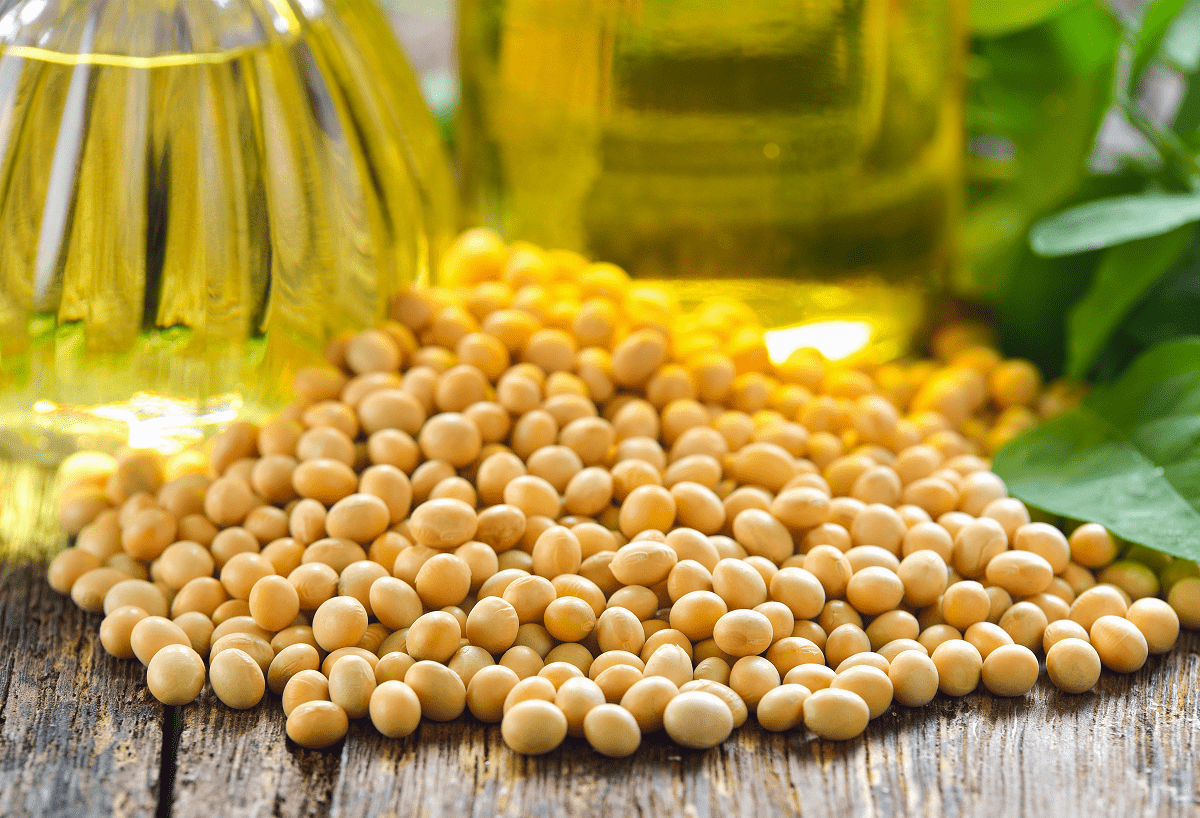7 Surprising Facts About What Canola Oil is Made Of
Written By James Morgan

Introduction
If you love barbecuing, you've probably used canola oil at some point. But have you ever wondered, what is canola oil made of? You're in the right place!

What is Canola Oil Made Of?
Canola oil is derived from the seeds of the Brassica napus plant, commonly known as the canola plant. This plant is a type of rapeseed that has been bred specifically for consumption. Let's dive deeper into the ingredients and production process.

Origin of the Canola Plant
From Rapeseed to Canola
The canola plant comes from the rapeseed family, but it has been modified to reduce toxic compounds, making it safe for human consumption. This breeding process took place in Canada, and that's how we got the name 'canola'a combination of 'Canada' and 'ola,' meaning oil.

Composition of Canola Oil
Main Components
- Monounsaturated Fats
- Polyunsaturated Fats
- Saturated Fats
Detailed Breakdown
Canola oil is known for its balanced fatty acid profile. It contains about 62% monounsaturated fats, 31% polyunsaturated fats, and 7% saturated fats. This makes it one of the healthiest cooking oils available.
Production Process
Harvesting the Seeds
The production of canola oil begins with harvesting the seeds of the canola plant. These seeds are then cleaned to remove impurities.
Seed Crushing
Once cleaned, the seeds are crushed to extract the oil. The leftover meal is often used as animal feed.
Oil Extraction
The extracted oil is then refined to remove any remaining impurities. This involves several steps including degumming, neutralization, and bleaching.
Health Benefits
Heart Health
Because of its high content of monounsaturated fats, canola oil is excellent for heart health. It can help lower bad cholesterol levels and reduce the risk of heart disease.
Rich in Omega-3
Canola oil is also a good source of Omega-3 fatty acids, which are crucial for brain health and reducing inflammation.
Low in Saturated Fat
Compared to other oils, canola oil is lower in saturated fat, making it a healthier option for cooking and grilling.
Uses in Barbecuing
High Smoke Point
One of the reasons barbecue enthusiasts love canola oil is its high smoke point, around 400F. This makes it ideal for grilling at high temperatures.
Neutral Flavor
Canola oil has a neutral flavor, allowing the taste of your barbecue to shine through without being overpowering.
Environmental Impact
Sustainability
Canola plants are generally grown with sustainable farming practices, which is an added bonus for environmentally-conscious grillers.
Biodegradable
Canola oil is biodegradable, meaning it's less harmful to the environment when disposed of properly.
FAQs About Canola Oil
Is canola oil the same as rapeseed oil?
Not exactly. While they come from the same plant family, canola oil is specifically bred to be low in toxic compounds that are present in rapeseed oil.
Can canola oil be used for frying?
Absolutely! Canola oil's high smoke point makes it great for frying and other high-heat cooking methods.
Is canola oil genetically modified?
Most canola oil on the market is made from genetically modified crops to increase yield and reduce the need for pesticides.
Does canola oil have any allergens?
Canola oil is generally considered hypoallergenic and safe for most people to use.
Can I use canola oil in baking?
Yes, canola oil is a versatile ingredient that can be used in both baking and cooking.
How should I store canola oil?
Store canola oil in a cool, dark place to maintain its quality. It has a long shelf life but can go rancid if not stored properly.
Conclusion
Canola oil is a versatile, healthy, and environmentally friendly cooking oil, making it a favorite among barbecue enthusiasts. Whether you're grilling up a storm or looking for a heart-healthy option, canola oil has got you covered.
Additional Resources
- Wikipedia on Soybean Oil
- Products with Palm Oil
- Why Palm Oil is Bad
- How Palm Oil is Extracted
- What is Organic Palm Oil
As an Amazon Associate, I earn from qualifying purchases.



